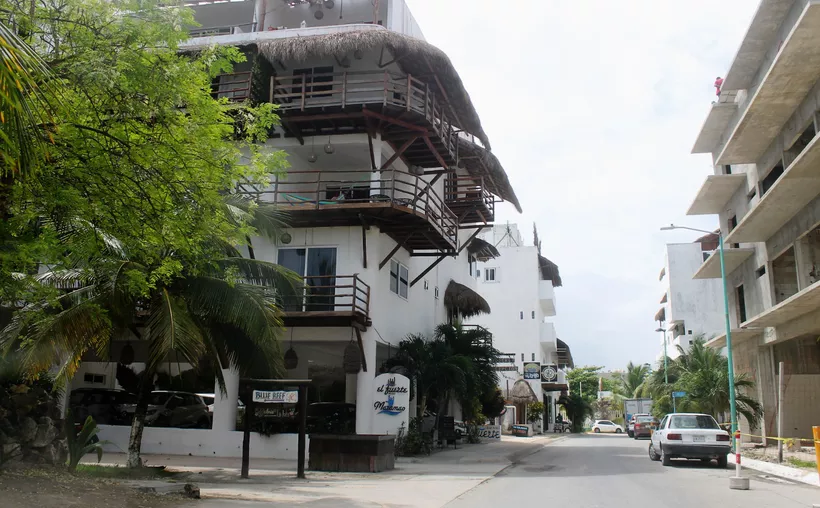The lodging options in Mahahual offered through platforms such as Airbnb have surpassed those of traditional hotels, without it being possible to establish any type of control over the former.
Information obtained through the Ministry of Tourism confirms that in the last census, corresponding to 2022, 675 rooms were registered in Mahahual distributed in 37 hotel rooms, four inns and six cabins. On the other hand, there were 1,280 units offered through 245 homes adapted as Airbnb.
This situation is due to the fact that most of the hosts who offer their homes through digital platforms in the Costa Maya have between four to six rooms for rent for each one.
The “explosion” of Airbnb’s growth in the region began in 2017: from that date until last year the Othón P. Blanco City Hall granted 189 construction licenses of the “regularization and expansion” type, for “family housing use”, but with the construction of apartments.
Most of these permits ended up in construction of Airbnb units, such as the one delivered on April 29, 2019, on Juan José Siordia Street, colonia 20 de noviembre, manzana 15, in that town.
“The main problem is that most of these constructions are not in tourist areas, but in housing developments that are not designed to support over-densification by tourists,” stated urban planner Joel Esparza Gutiérrez.
Public services are saturated with vacation rentals.
He cites that this has been the main reason for the increase in reports of sewage overflowing the drainage system with sewage, saturation of the electrical network, garbage, etc.
“When you build a hotel, you need special permits, Environmental Impact documents, demonstrate that you have the capacity to receive so many tourists, etc. That’s why hotels are restricted to certain zones. But with Airbnb units you don’t need all this procedure and this generates problems that are difficult for the authorities to handle,” he detailed.
He commented that if the growth of Airbnb in Mahahual is not regulated, within a few years there will be problems not only environmental and demand for public services, but also gentrification: that is, the costs of rents and housing in the neighborhoods will increase until they become impossible to acquire for normal people,” he concluded.
TYT Newsroom




2 comments
This is a very cool palace and i love Quintana Ro but I remember my trip to Mexico just because of this palace. The whole trip was ruined by low-quality accommodation and incomprehensible landlords. I wish there was my favorite service Rentola which I used when I traveled to Australia and other countries.
youtube